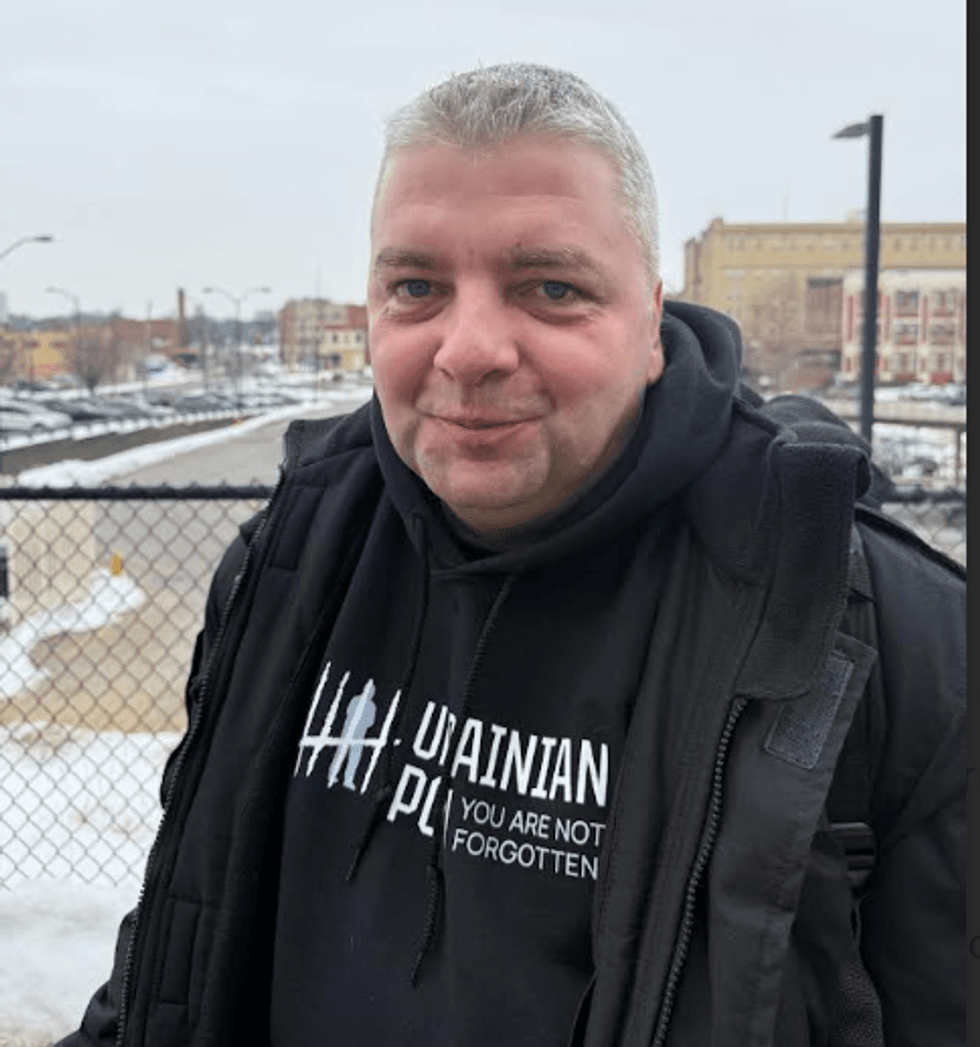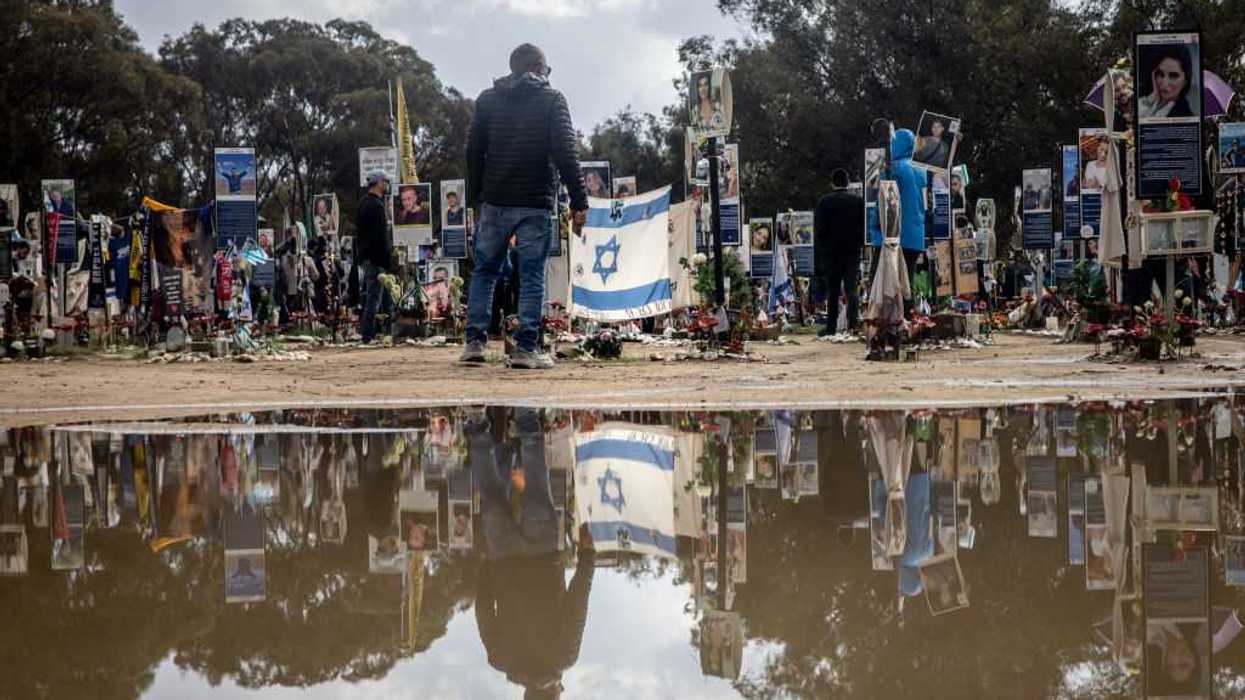There is a significant distinction between charity and justice. Charity responds to visible wounds in the community and rushes to bandage them as necessary. Justice, rooted in biblical conviction and prophetic courage, goes further. It questions the sources of suffering: Why are people bleeding in the first place? This tension between crisis response and deeper transformation is at the core of a courageous step recently taken by Atlanta's New Birth Missionary Baptist Church.
As the nation grapples with democratic strain and institutional fatigue, New Birth's decision to suspend the collection of tithes and offerings during a government shutdown and amid the threatened rollback of social supports is a daring example of moral clarity. It is more than an act of relief; it is a refusal to proceed with business as usual when the most economically vulnerable are again being asked to bear the highest costs. The pause is not merely financial; I believe it is prophetic. An assertion that the church's highest duty is to its people, not its ledger.
"The church still needs to keep the lights on," some will argue, or, "Is this responsible stewardship?" But such questions miss the larger point. The real test is not procedural continuity; it is moral imagination. This kind of decision does not break from Christian scripture; it embodies it. The prophets and Jesus himself call the faithful to solidarity with those most at risk. Holiness, in this tradition, is measured not by institutional preservation but by proximity to the vulnerable.
What does it mean, then, for Pastor Jamal Bryant to halt all giving, even temporarily? It is more than symbolism; it is pastoral realism. The pews are filled with people trying to stretch every dollar, wondering whether aid will vanish, people for whom Sunday should be a sanctuary of hope, not a reminder of scarcity. If church ritual compounds rather than heals the pain of poverty, something vital in the Gospel has gone missing.
The Witness
This kind of act centers the church on its true mission: caring for people above maintaining machinery. It is not a call to disorder, but a reframing of stewardship itself. To steward faithfully is to care for what God entrusts to us, beginning with the lives of those most in need.
If the decision feels disruptive, it should. Prophetic witness rarely aligns with comfort. It stands in a long moral lineage, from the churches that sustained the Montgomery bus boycotts to the sanctuary movements that sheltered the displaced to the countless communities that have risked their reputations for compassion. The history of the church at its best is a history of faithful interruption. Sometimes faith looks reckless: a wild generosity that trusts divine abundance beyond what reason permits. Such gestures challenge routines that, left unchecked, can crush the very people they were meant to serve. Like those who marched for voting rights or stood against apartheid, this action declares, Not here. Not now. Not on our watch.
Halting the offering does not make salaries or bills disappear. Yet both scripture and experience teach that provision often follows risk, not safety. Faith in action requires courage—the willingness to embody the beloved community through shared sacrifice and creative compassion. The challenge to clerics and faith leaders is clear: our calling is not merely to preserve but to incarnate. The measure of the church is not whether it maintains old habits, but whether it becomes a living witness to renewal. True faith demands risk. The church must risk its routines to serve the people entrusted to its care.
The Work Ahead
In an age anxious about reputation, obsessed with budgets, and haunted by decline, moral integrity requires holding those very structures to account. The church does not exist to reinforce the world as it is, but to model the world as it could be—one shaped by love, equity, and shared flourishing. This vision is not a departure from the church's mission, but a fulfillment of it. The church's role in social justice is not just to provide charity, but to advocate for systemic change that aligns with the Gospel's call for justice.
This vision begins with self-examination. Communities of conscience must audit how their resources—money, staff time, and facilities—are distributed. Are they sustaining bureaucracy, or serving those most likely to be overlooked? Budgets must follow the needs of the people, not the comfort of the institution.
Communities of faith can adopt pause-and-redirect practices: during moments of public crisis, temporarily halting standard giving or programming to channel funds and energy toward the most urgent needs. This could mean redirecting resources to support local food banks during a pandemic, or suspending regular services to participate in a protest against systemic racism. Such habits cultivate adaptability and ensure that generosity serves solidarity rather than self-preservation.
Finally, churches must move beyond charity toward a justice ethic—linking arms with advocacy coalitions, neighborhood alliances, and policy reformers who address root causes rather than symptoms. Feeding the hungry is holy work, but transforming the systems that perpetuate hunger fulfills the deeper call of justice.
Threaded through all of this is a theological truth: charity reflects divine love, but justice demands that the structures that cause pain change. Prophetic faith, a core tenet of my tradition’s belief system, demands transformation, not mere relief. It is a faith that speaks truth to power, that challenges the status quo, and that insists on a world where all can flourish. Authentic discipleship is public as well as private; solidarity is not a luxury of belief but its beating heart.
This is the summons before us—to make belief visible. Justice must leap from sermon scripts to situations in the streets, especially when human dignity is being commodified and inalienable rights are under siege. Some acts will resemble a suspension of offerings; others will look like direct aid, radical hospitality, or sanctuary for the unhoused. The form matters less than the fidelity that inspires it.
Prophetic witness always carries a cost. Consensus rarely precedes conviction. Absolute abundance is discovered in mutual sacrifice, not accumulation. "We are each other's harvest; we are each other's business; we are each other's magnitude and bond." In that spirit, the present crisis invites communities of faith to embody love with courage and imagination.
If we listen to those in pain and to the whisper of the Spirit, we might yet become the kind of church this age of cynicism and inequality so desperately needs: a church unafraid to pause, to risk, to hope, and to live the sermon it proclaims.
Rev. Dr. F. Willis Johnson is a spiritual entrepreneur, author, scholar-practioner whose leadership and strategies around social and racial justice issues are nationally recognized and applied.











 Maksym Butkevych
Maksym Butkevych








Trump & Hegseth gave Mark Kelly a huge 2028 gift